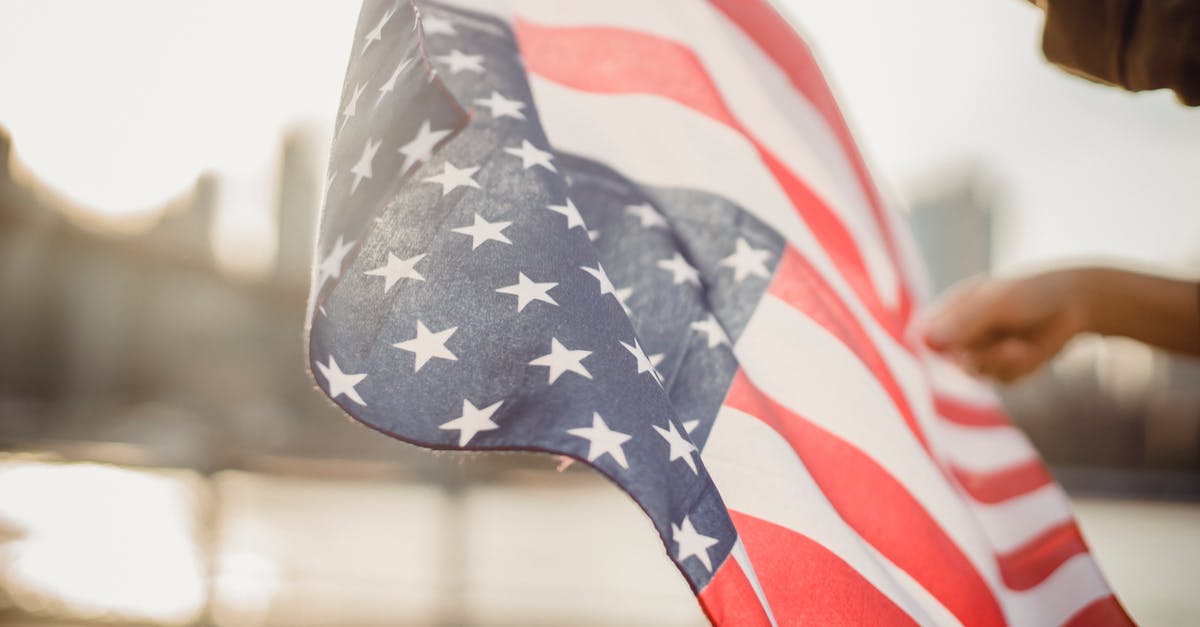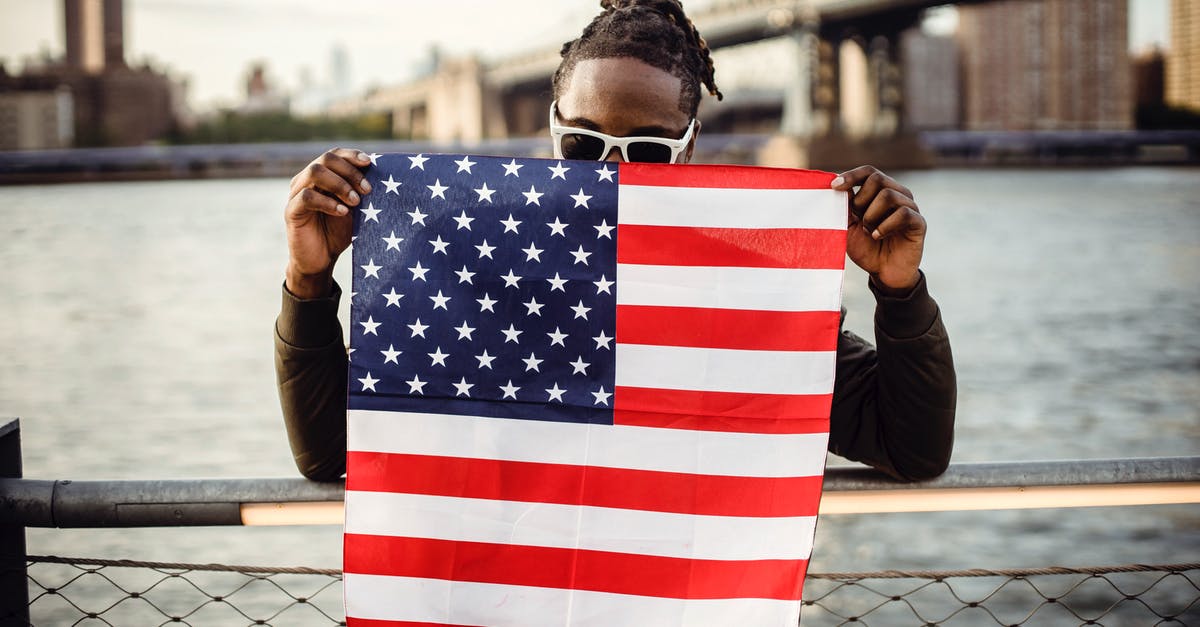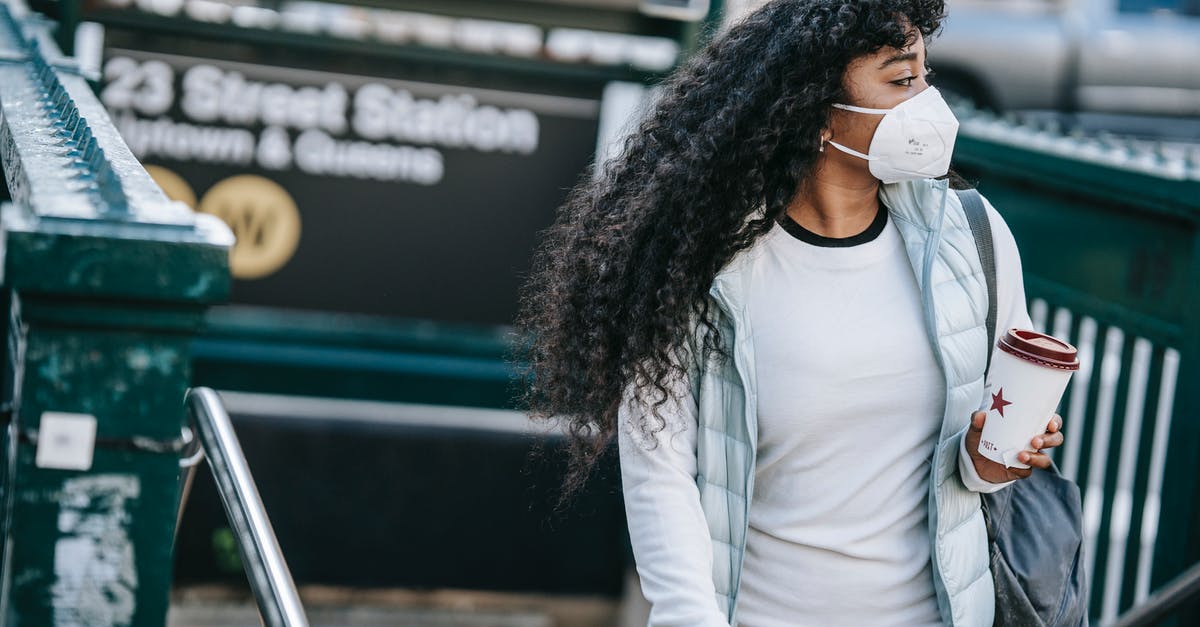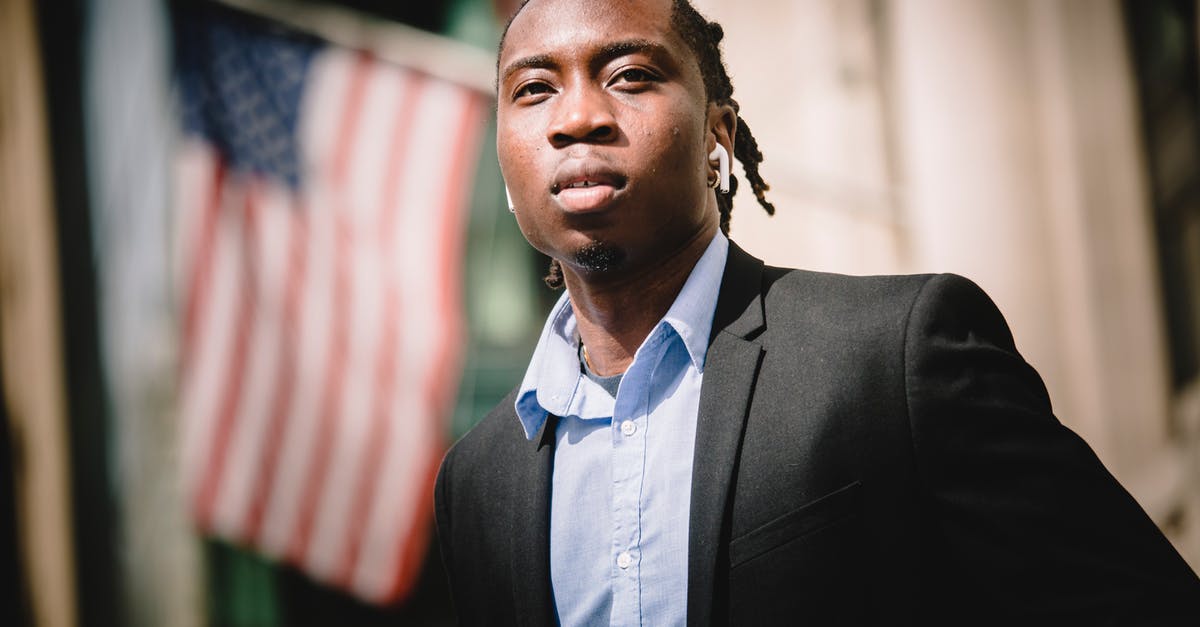Why did a Customs agent ask a US citizen about residency?

I live in Costa Rica but I am a US citizen. The last time I traveled solo back to the States, the customs agent grilled me about how long I live in CR vs the US. He said I needed to reside in the US for at least 6 months out of the year to qualify for residency status. Absurd, I think.
Can anyone expand on this? I have to travel solo again next month back to the US, and I would like to be better prepared for any unfair irregularities.
Best Answer
CBP stands for Customs and Border Protection. Proof of citizenship, as other answers have pointed out, resolves the issue of whether you should be allowed to enter. It does not resolve the issue of what customs duties you need to pay.
The last question on the first page of the US Customs Declaration and the back of the form require different answers from residents and non-residents. Residents declare everything they are bringing into the US. Non-residents only declare what they will leave in the US. On the other hand, residents get a $800 duty-free exemption, non-residents $100. Your choice of box for Question 15 tells them whether you are declaring as a resident or non-resident, so be careful where you put your answer.
Residence and citizenship are separate issues - I am a British, not US, citizen but fill in the declaration as a US resident, because I live in the US. I am not a UK resident, which affects issues such as access to the National Health Service.
In complicated, borderline cases such as digital nomads and people with multiple homes, determining residence can be quite complicated, and you can be resident in multiple countries and in different countries for different purposes. In simple cases, if you would unequivocally say "I live in country X", country X is your country of residence.
The customs issue is the simplest explanation of a CBP official questioning a US citizen about resident status on entry. Either you answered as a resident and the official thought you might not be a resident, or you answered as a non-resident and the official thought you might be a resident. Either way, they would ask questions related to your resident/non-resident status, such as how much of your time you spend in the US.
As long as you continue to live outside the US declare as a non-resident. If questioned by CBP about your non-resident status just answer the questions. It is a legitimate subject for them to ask about, and does not mean they are questioning your right to enter the US.
Pictures about "Why did a Customs agent ask a US citizen about residency?"



Can US customs deny entry to a US citizen?
At the United States border, US immigration officers alone decide whether to allow or deny entry to travelers. Sometimes denial is clear-cut, such as a prior criminal conviction or the submission of incorrect documents. Very often, however, no specific reasons are given and denied US travelers just have to guess.What questions do US border guards ask?
Be Prepared for Questions From CBP Officials- Why are you visiting the United States? ...
- Where will you be staying? ...
- Who will you be visiting? ...
- How long will you be staying? ...
- How much money do you have available for this trip? ...
- Have you visited the United States before, and if so, how long did you stay?
What needs to be declared at customs?
You must declare all items you purchased and are carrying with you upon return to the United States, including gifts for other people as well as items you bought for yourself. This includes duty-free items purchased in foreign countries, as well as any merchandise you intend to sell or use in your business.Can CBP deny entry to green card holders?
Still, there are special circumstances that may indeed lead to the permanent resident being denied entry. That mostly happens when the CBP sees that the person coming back is no longer qualified, losing their permanent resident status. Generally, this happens after staying out of the United States for far too long.US Customs Refusal. “Everything you need is on my passport” (part 1) tyrant gets mad
More answers regarding why did a Customs agent ask a US citizen about residency?
Answer 2
The Customs and Border Protection officer is confusing your status with that of a Resident or Non-Resident Alien for the purposes of US Tax Law, which a CBP officer is allowed to query your status under.
Basically, US Tax Law requires non-citizen residents (so Resident and Non-Resident Aliens) to be taxed under given criteria, including the Substantial Presence Test which is what the CBP officer is referring to.
If you are a US citizen, you can ignore his comments - you are taxed differently.
Answer 3
In addition to the customs issue, which seems to be a likely explanation, the CBP officer might have tried to gauge if the passport was genuine and belonged to you. One way to make that estimation is to talk about the personal data and the circumstances of the trip. The real owner of the passport will have his date of birth memorized, know where he is coming from and where he is going, and so on. An illegal immigrant with false papers might trip on such questions.
Sources: Stack Exchange - This article follows the attribution requirements of Stack Exchange and is licensed under CC BY-SA 3.0.
Images: Ketut Subiyanto, Ketut Subiyanto, Uriel Mont, Ketut Subiyanto
